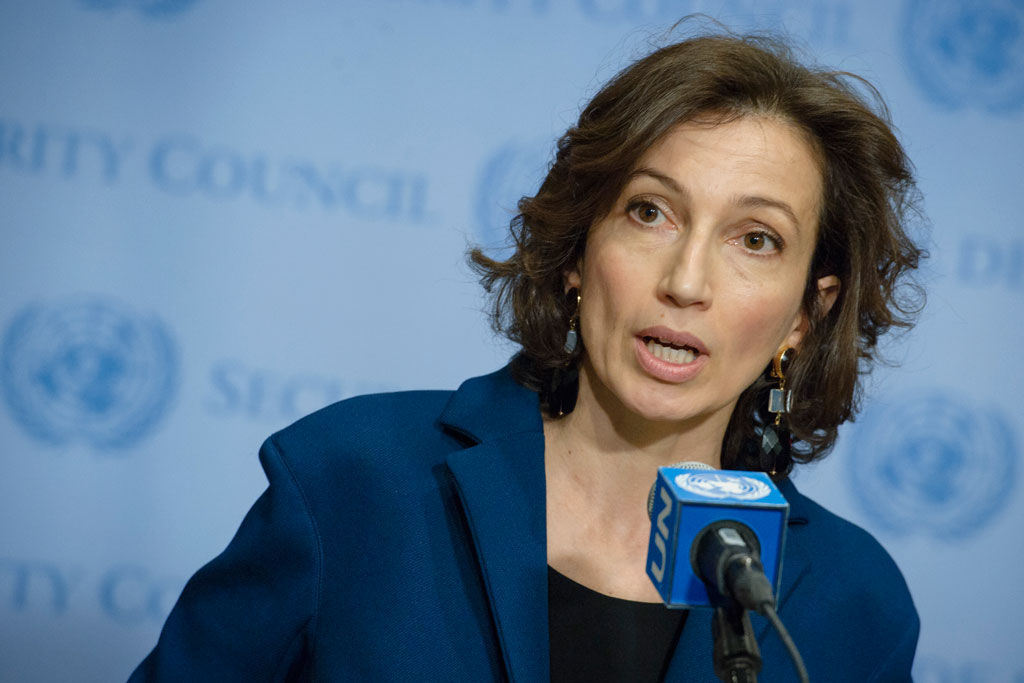UNESCO’s new chief on Monday brushed aside the United States’ decision to walk out of the UN cultural body, saying the organisation had survived long periods without Washington before.
Former French culture minister Audrey Azoulay, elected on Friday to head UNESCO, said the US was “not the beginning and end” of the agency.
The US and Israel both announced their pullout last month, accusing UNESCO of “anti-Israel bias”.
Azoulay said Washington’s decision was not “a complete surprise, bearing in mind the United States’ current position on multilateralism”.
“It’s a sovereign decision by a state that I respect, but which at the same time is not the beginning and end of UNESCO,” she told France Inter radio.
“There have been long periods at UNESCO — more than 15 years — without the United States, which ultimately came back.”
She added she did not think quitting was in the US’ interest and said UNESCO would continue “working with American civil society, American universities and American scientists”.
The US walked out of the 195-member organisation once before in 1984 over alleged financial mismanagement and claims of anti-US bias.
It returned in 2002, but in 2011 then president Barack Obama cut off funding after UNESCO’s members voted to admit Palestine as a full member.
US ally Israel similarly pulled the funding plug, leaving UNESCO short of more than 20 percent of its budget.
Both countries announced on October 12 that they were leaving the organisation outright after a series of resolutions condemning Israel.
US President Donald Trump has already dismayed European partners by pulling out of the Paris climate change agreement and leaving the fate of the hard-fought Iran nuclear deal in the hands of Congress.
Azoulay, due to be sworn in Monday, has inherited an embattled agency accused of bloated bureaucracy and political bias, as well as struggling with a cash shortage.
Best known for its World Heritage sites including the Grand Canyon and the Great Wall of China, UNESCO also promotes education and pushes for improvements on social issues such as gender equality. (France24)




